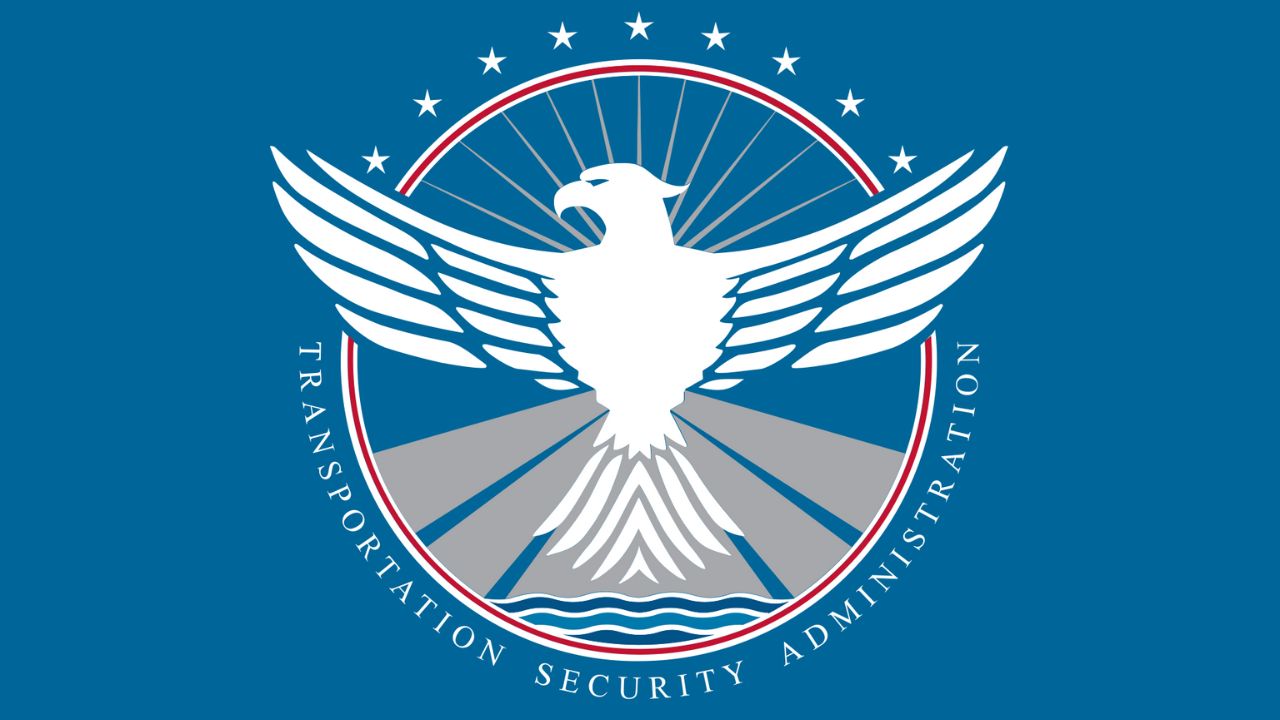Airports are busy, loud, and full of public chargers that seem helpful but can be risky. The TSA has urged travelers to avoid unknown USB ports and to review one iPhone setting that controls wired accessories. With the wrong default, your phone may talk to a stranger’s port as soon as it is unlocked. The good news is you can change it in seconds. Here is what the warning means, why it matters in 2025, and simple steps any teen can use to stay safe while traveling.
1. Why TSA is warning in 2025
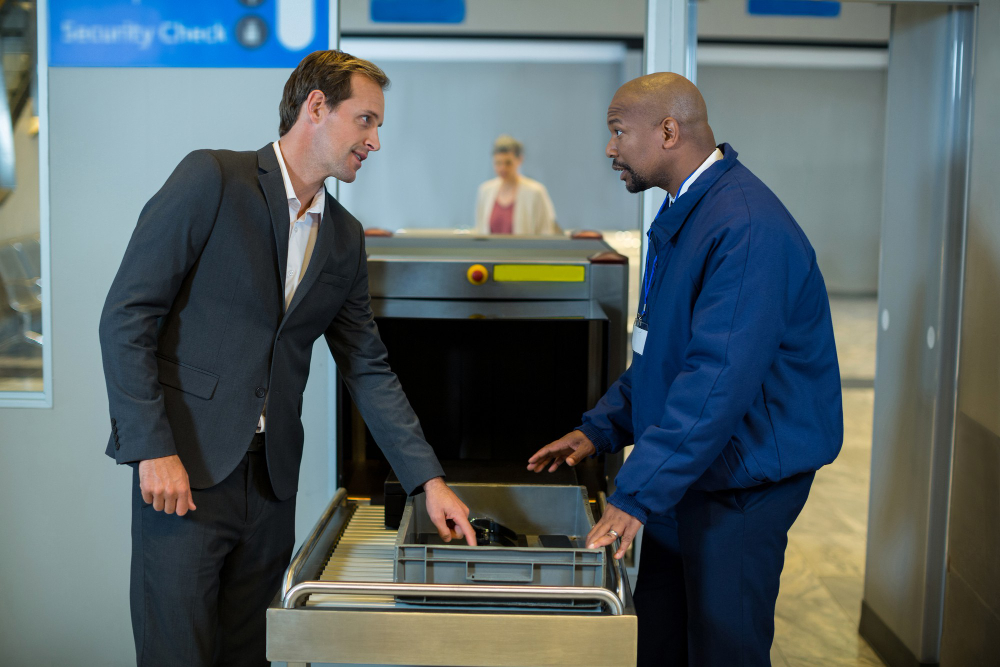
In June and July 2025, TSA posts and media briefings warned travelers to avoid plugging phones into public USB ports at airports, stations, and hotels. The risk is data theft through compromised hardware, sometimes called juice jacking. The agency also pushed simple rules: bring your own charger, prefer wall outlets, and keep devices updated. Those tips matter most when lines are long and outlets scarce during holiday travel, when people rush and forget basic cyber hygiene. The reminder followed record screening volumes across major hubs nationwide.
2. The risky iPhone setting
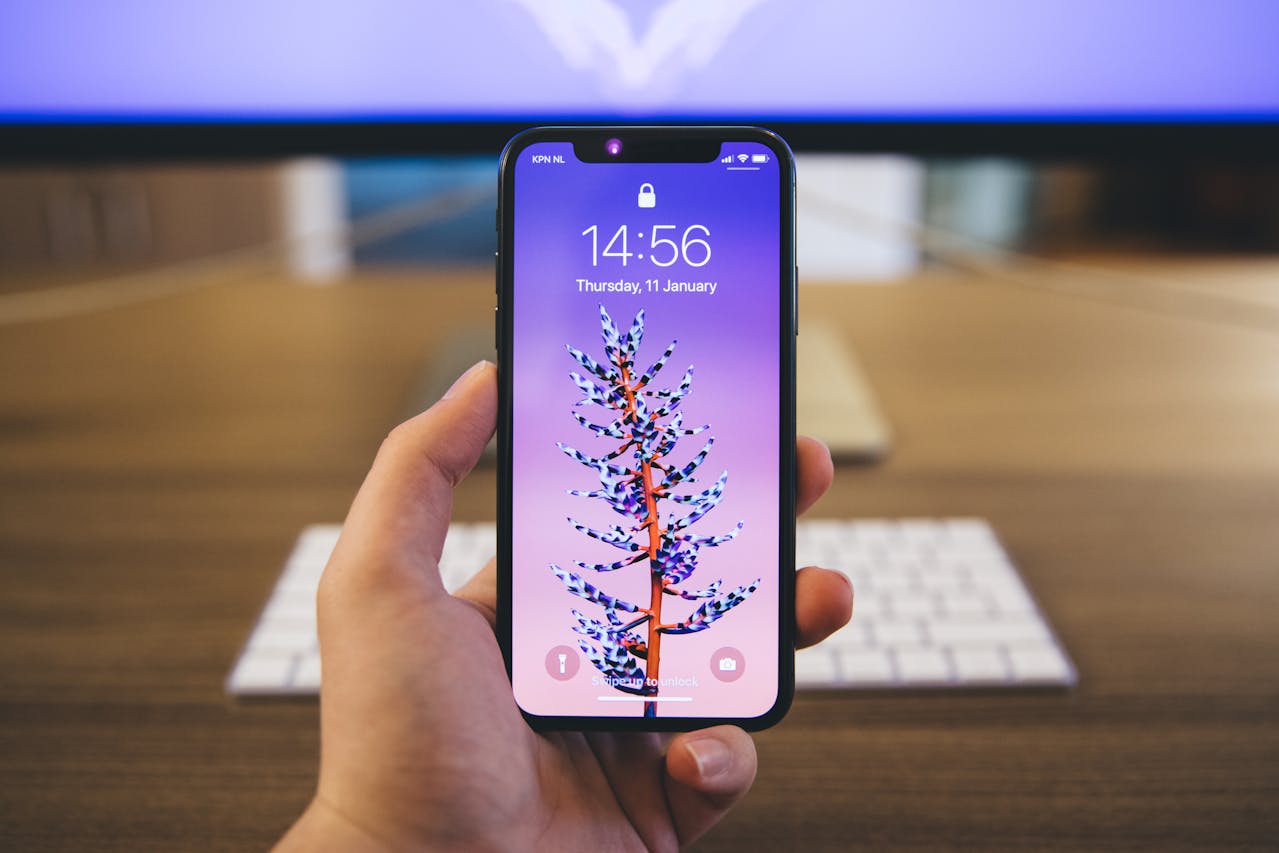
Recent coverage in September and October 2025 highlighted a risky default in iOS that controls Wired Accessories. On many iPhones, the option is set to Automatically Allow When Unlocked. That means once you unlock, a connected USB port can talk to your phone without another prompt. TSA and security writers urged users to change it to Always Ask or Ask for New Accessories. This small tweak adds a speed bump, which helps in crowded terminals where surprise pop ups are easy to miss. Reports linked the advice to airport charger risks that spike during peak travel in September and November each year.
3. How to change the setting
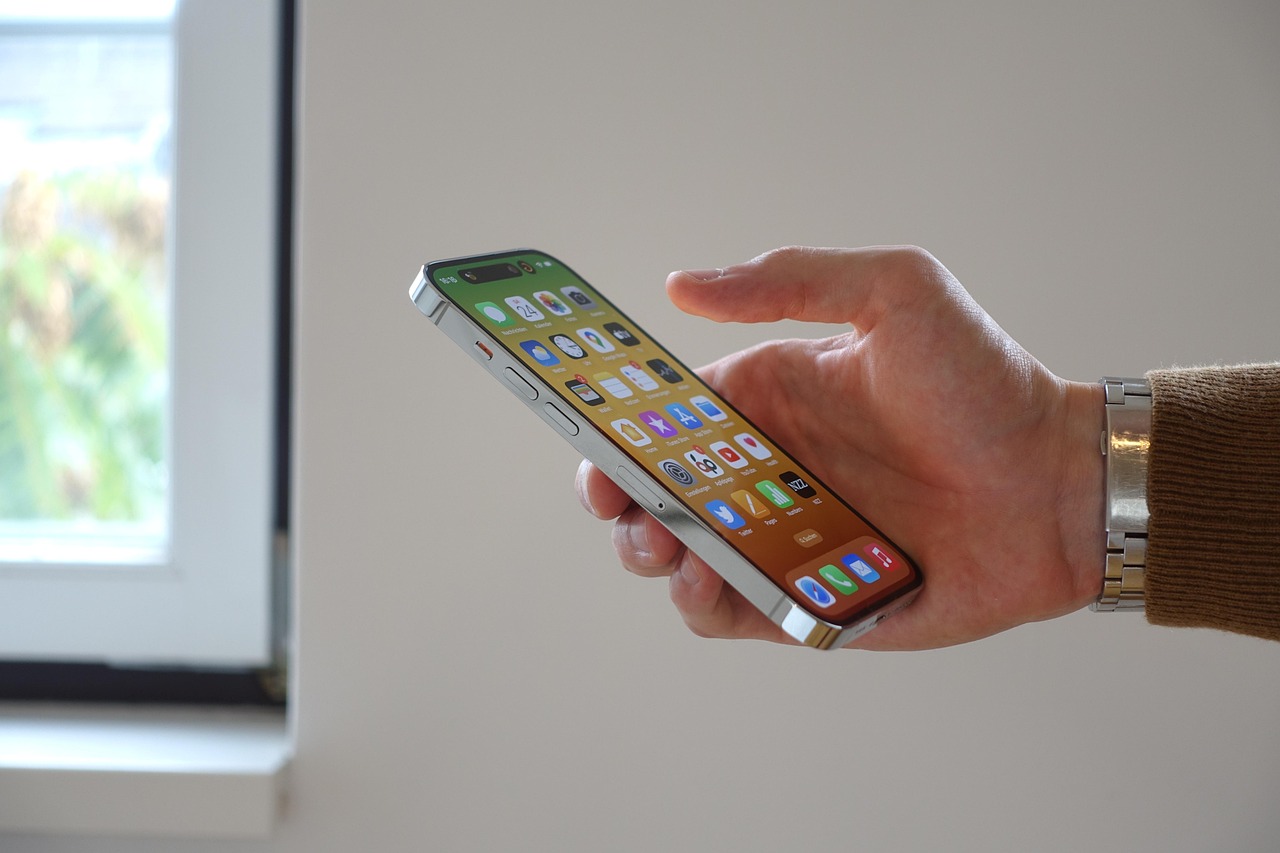
Fixing the iPhone setting takes under a minute. Open Settings, tap Privacy and Security, then Wired Accessories. Change Automatically Allow When Unlocked to Always Ask or Ask for New Accessories. Now, any new cable or dock must request approval each time. If you do not see that menu, update iOS and restart. Combine this with a strong passcode and Face ID. Together, those steps reduce the chance a random kiosk can link to your device between flights or rides. For extra safety, disable accessory access from the Lock Screen and review app permissions monthly, especially location and Bluetooth.
4. Why this is different from older protections
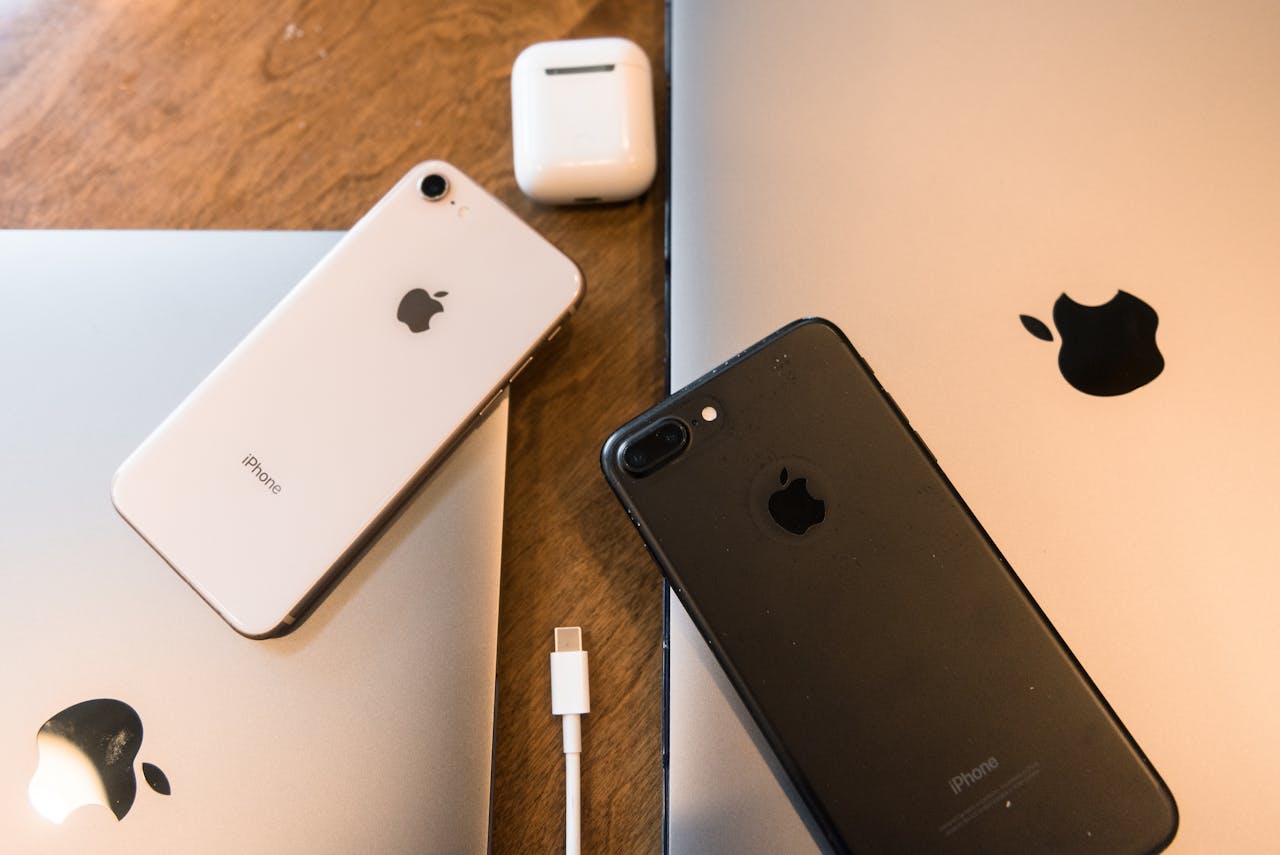
Apple has long limited data access when an iPhone is locked, sometimes called USB Restricted Mode, first added in iOS 11.4.1 in 2018. The newer Wired Accessories control matters after unlock, when you are most likely to use a charger. Setting Always Ask restores a second check so you must approve each connection. That small delay is useful at gates, cafes, and rideshares. Think of it like two factor for cables. If a prompt looks odd, unplug and use a wall outlet you trust. If you must use a shared port, consider a data blocker adapter that passes power only and costs under twenty dollars online.
5. More TSA device tips for travelers
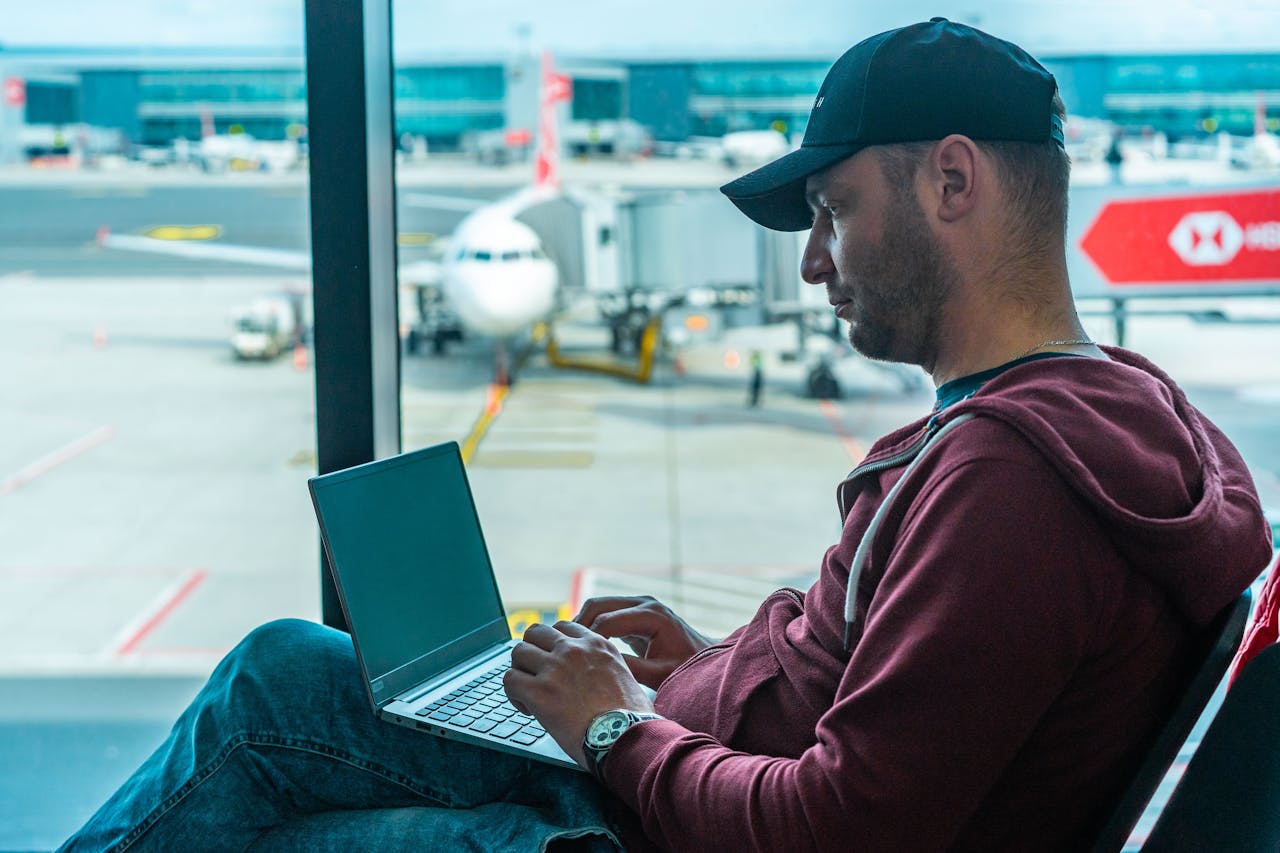
TSA cybersecurity tips in 2025 also warn about public Wi Fi and device handling at checkpoints. Avoid free airport Wi Fi unless you use a trusted VPN, and never leave phones loose in plastic screening bins. Keep them in a zipped bag or pocket until you reach the belt. If a stranger offers a cable, kindly decline. During holiday weekends, checkpoints process millions of travelers, so small habits prevent big headaches. Label chargers so you do not grab abandoned gear. Power only cables and compact 10,000 mAh batteries are lightweight backups that keep you off risky ports during delays.
6. A quick checklist for 2025 trips
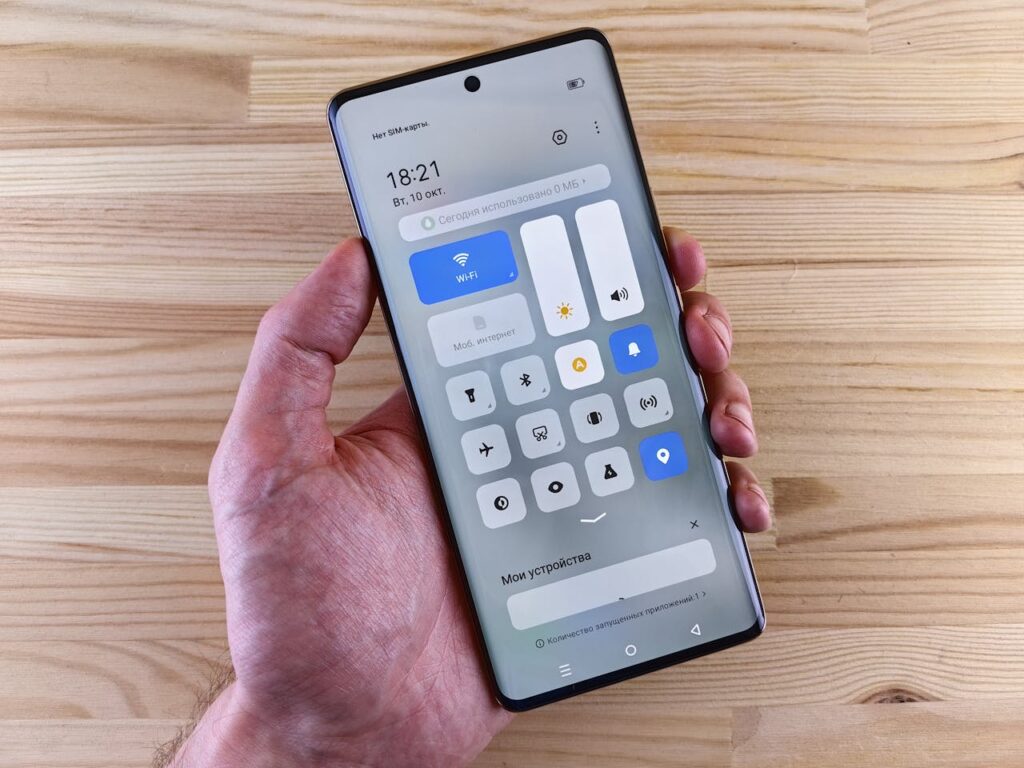
Quick checklist for teens on the go in 2025: set Wired Accessories to Always Ask, update iOS before traveling, and bring your own charger. Prefer wall outlets over public USB hubs. Keep phones in bags at security and avoid unsecured Wi Fi. Carry a small power bank for long layovers. If a cable or port behaves strangely, unplug immediately and restart. These tiny habits, done every trip, lower the risk without slowing you down at all. Share these steps with friends before group trips so everyone protects their data. Good digital manners are part of safe travel now..
